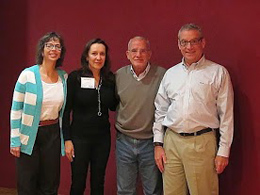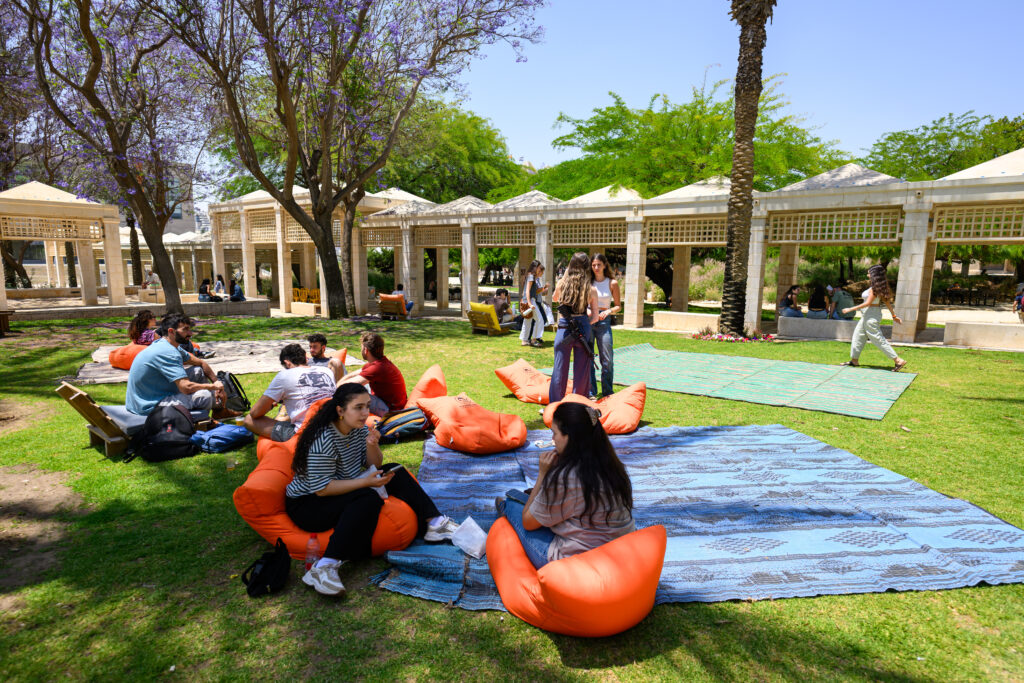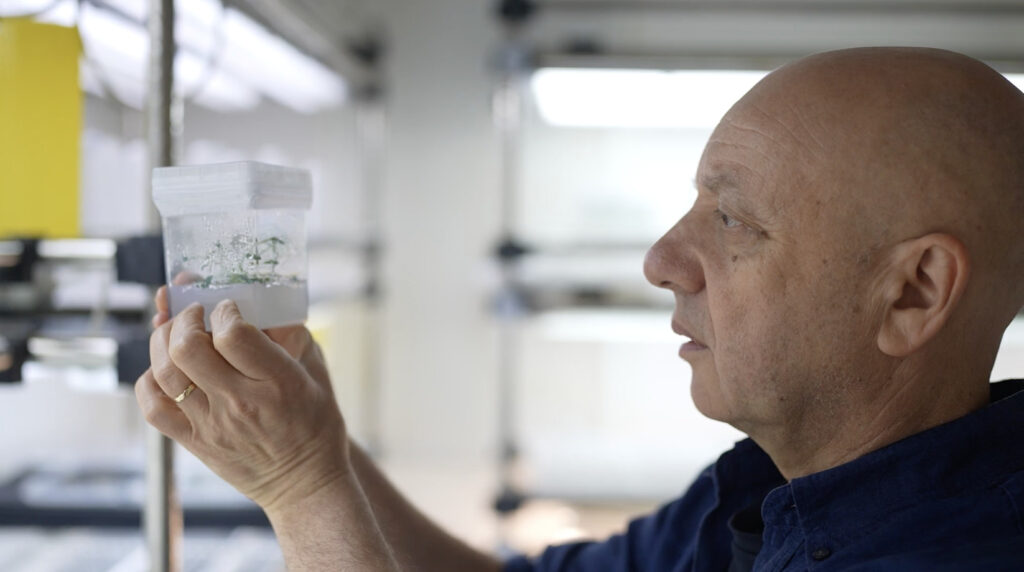
Addressing the Middle East’s Mental Health Needs
Addressing the Middle East’s Mental Health Needs
January 24, 2014
Medical Research, Negev Development & Community Programs
High rates of post traumatic stress disorder (PTSD) and stress-induced health problems, such as addiction to drugs and alcohol, have been well documented among the people of the Middle East.
That’s why there is a continuing need for community-based programs to help people cope with stress, rather than allowing it to escalate into conflicts in their day-to-day lives and with their families.
BGU recently hosted an international training workshop, focusing on how to best provide psychological first aid to vulnerable people in time of crisis. It was attended by 35 human service professionals and educators from throughout the Middle East region.

Prof. Patricia Findley, Rutgers University; Regina Mohyesa, BGU’s Toby Mower Curriculum for the Prevention and Treatment of Addiction; Prof. Richard Isralowitz, BGU’s RADAR Center; and Prof. James Halpern, State University of New York at New Paltz.
The workshop was conducted by BGU’s Regional Alcohol and Drug Research Center (RADAR) of the Charlotte B. and Jack J. Spitzer Department of Social Work in cooperation with the Institute for Disaster Mental Health (IDMH) at the State University of New York at New Paltz.
Prof. Richard Isralowitz, director of RADAR, was joined in Beer-Sheva for this week-long workshop by Prof. James Halpern, director of IDMH, and Prof. Patricia Findley of the School of Social Work, Rutgers University.
Prof. Isralowitz works on an ongoing basis with faculty members from BGU’s Toby Mower Curriculum for the Prevention and Treatment of Addiction, other BGU departments, as well as not-for-profit organization leaders, educators and human service personnel on this important issue.
With the Toby Mower Curriculum, the University is at the forefront of addiction education. The first of its kind in Israel, this interdiscliplinary program is housed in the nursing school and combines intellectual study with hands-on learning and treatment experience. It brings together students from not only the nursing school, but also the schools of social work, psychology and pharmacology.



